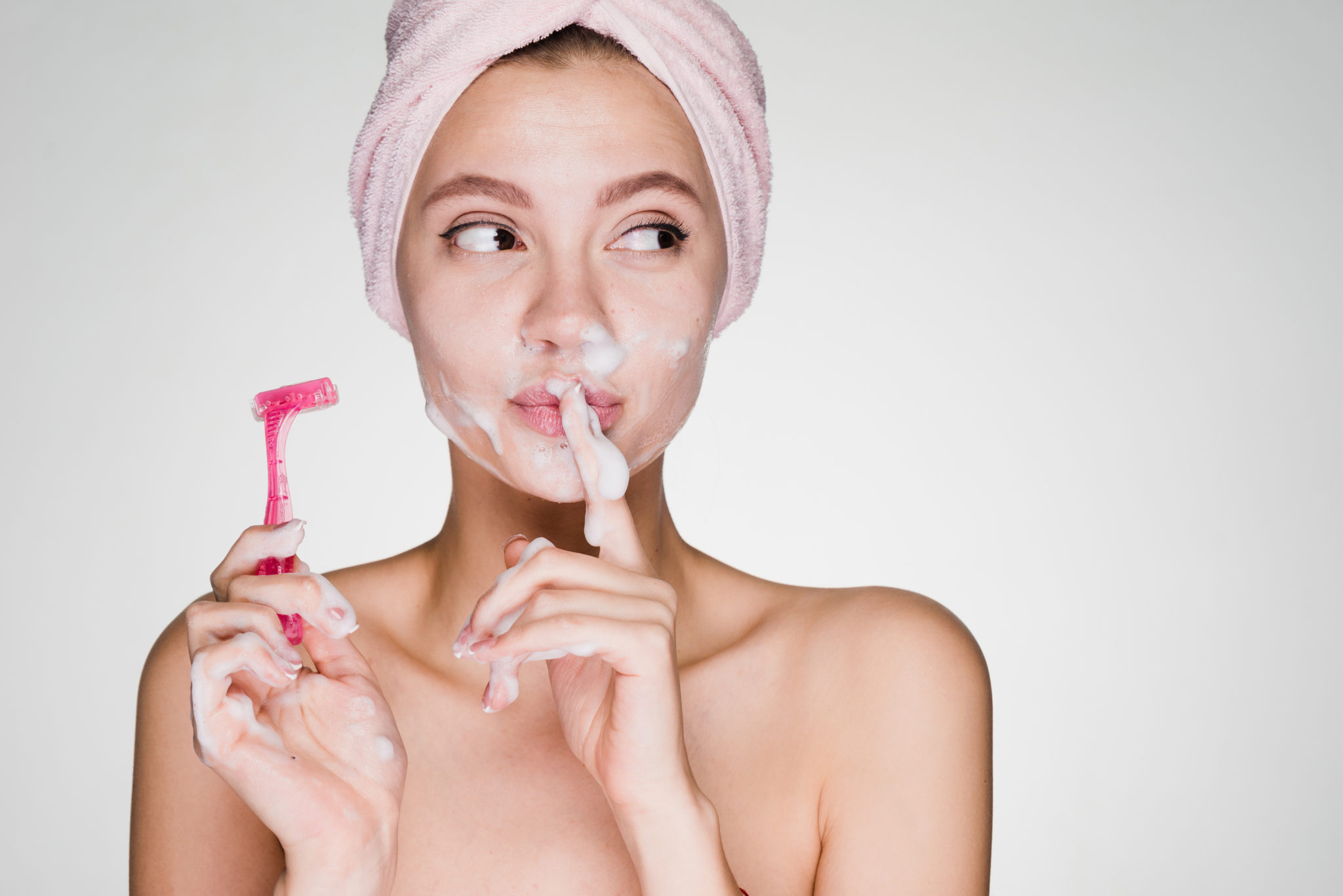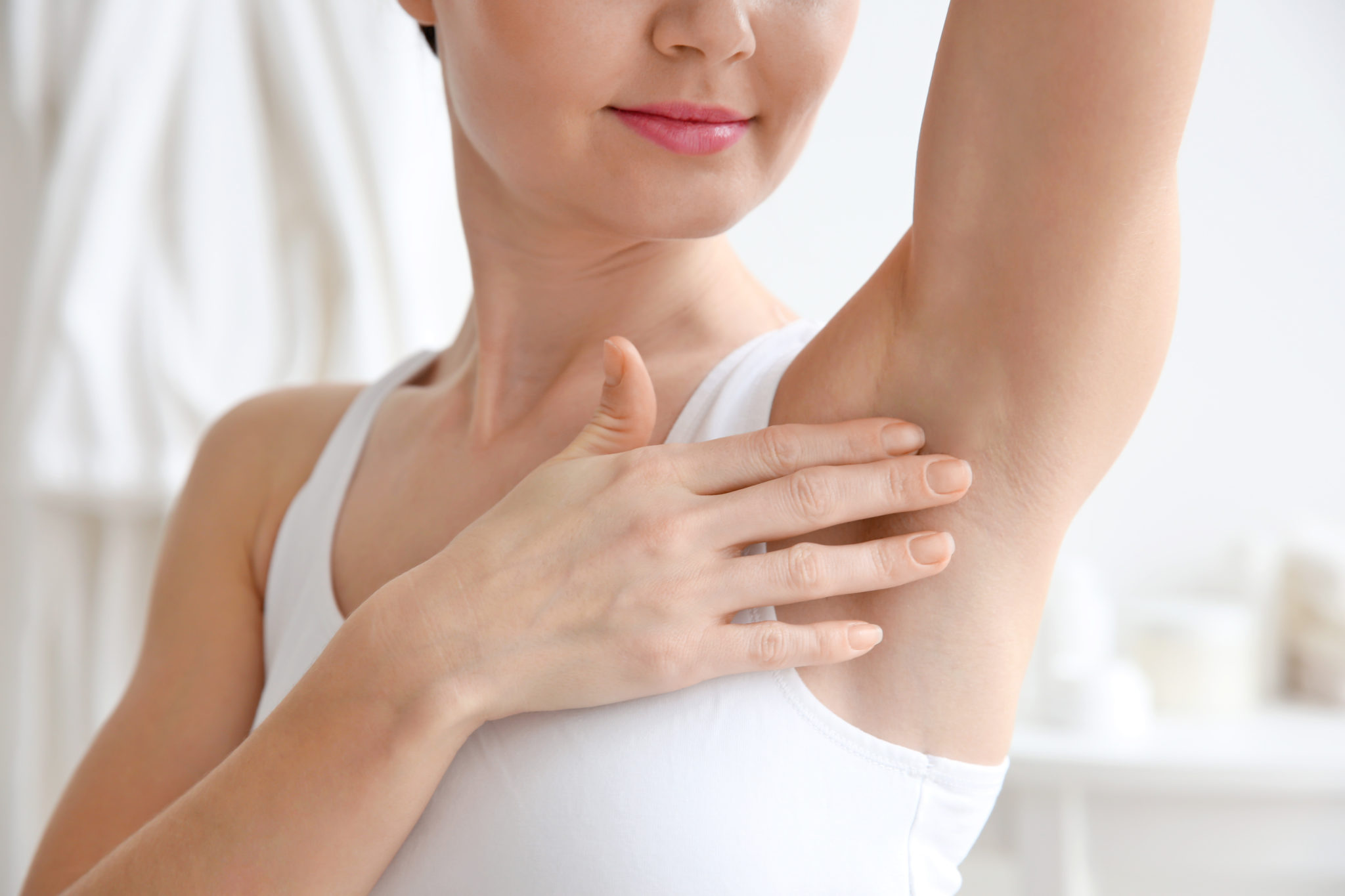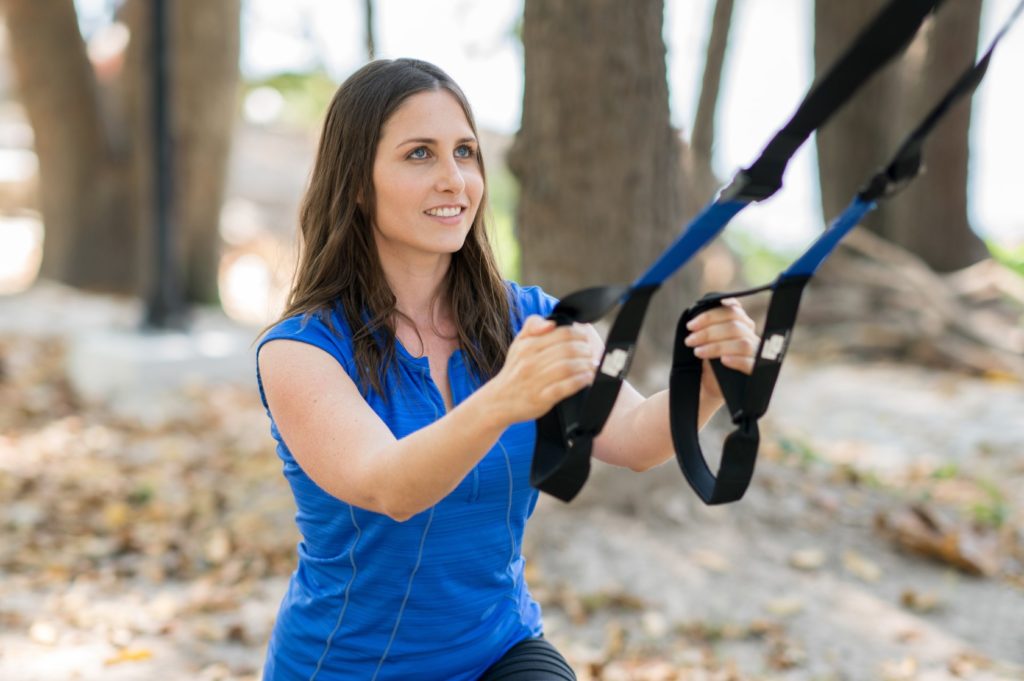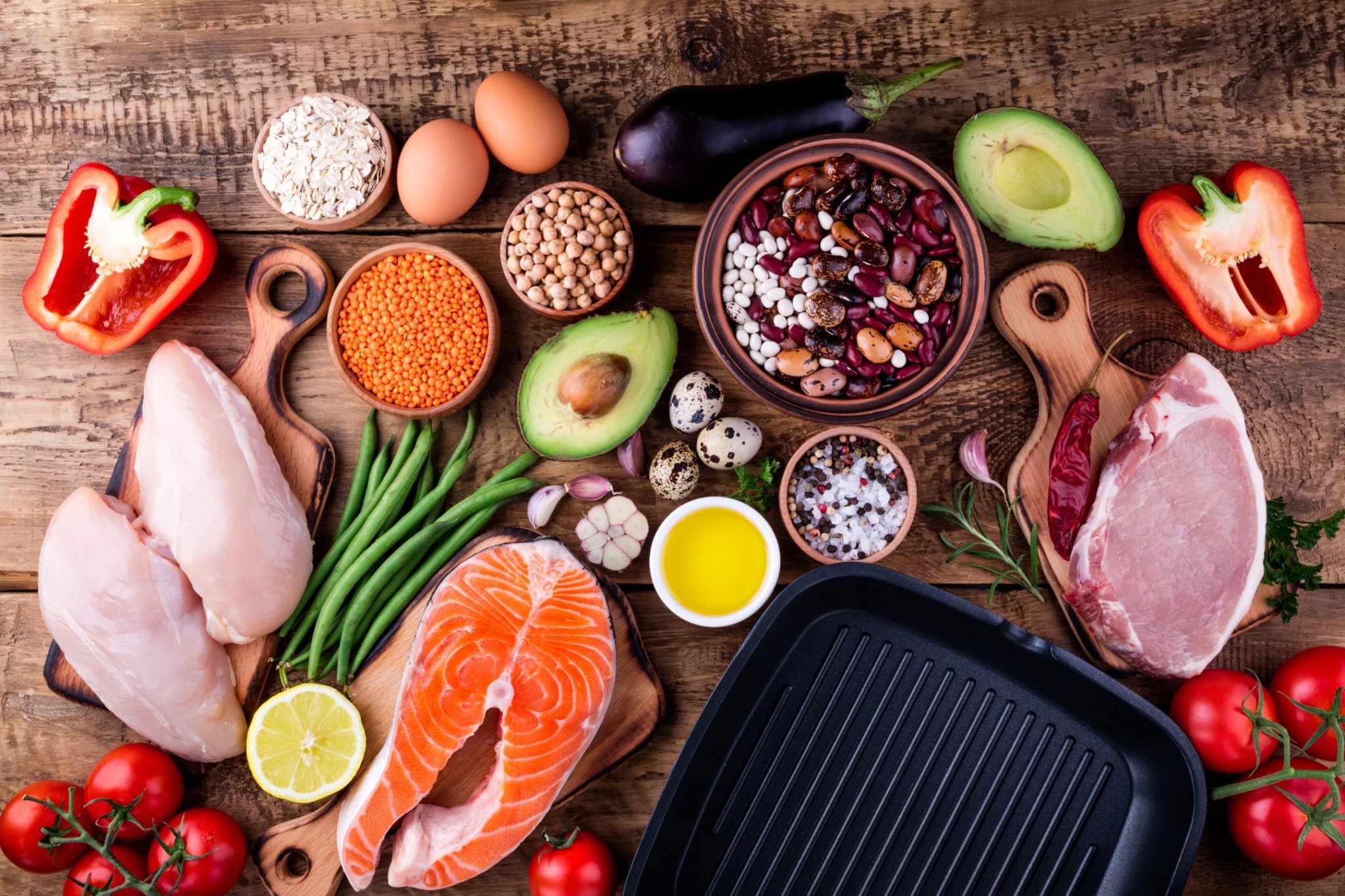For many of us, unwanted hair growth is a very distressing PCOS symptom. But before I start talking about how you can manage hirsutism in PCOS, I want to make one thing very clear:
You are the only person who should dictate how much hair you have on your body. The idea that women should be hairless is silly and perpetuates a narrow standard of beauty. Do whatever makes you feel comfortable!
Shaving, waxing, and threading will reduce facial hair’s appearance, but they will not get at the root cause and stop regrowth.
Real quick, here’s an explanation of how PCOS causes unwanted facial hair.
It’s a relationship between insulin, your ovaries, and androgens. Generally speaking, women with PCOS have higher circulating insulin levels, and our ovaries are more sensitive to insulin. The irritating effect of high insulin on our sensitive ovaries causes them to produce an access amount of androgens. Those excessive androgens stimulate more facial hair growth.
Lifestyle Modifications to Reduce Facial Hair
Strength Training
Strength training addresses the two root causes of hair growth: high androgens and insulin resistance, so it is an excellent choice for anyone who wants to reduce PCOS related hirsutism. A recent research review found that strength training lowered androgens better than any other type of workout for PCOS. Plus, it is a widely known fact that strength training is an excellent tool for reducing insulin resistance.
PCOS Friendly Nutrition
Following a PCOS friendly diet will reduce insulin resistance as well. PCOS nutrtion is a vast topic, and if you would like more in-depth information on what to eat if you have PCOS, download a copy of my PCOS plate guide for free.
Supplements to Reduce Facial Hair
Spearmint Tea
Spearmint tea is an inexpensive and tasty treatment for PCOS facial hair. The women in this study drank two cups of spearmint tea for a month. They reported that they thought that their facial hair was getting better. The study participants were also given blood tests, which indicated that their hormone levels had improved after drinking the tea.
Magnesium + Zinc + Calcium + Vitamin D
PCOS research study participants who took 100 milligrams of magnesium and four milligrams of zinc and 400 milligrams of calcium, and 200 IUs of Vitamin D
twice daily, for 12 weeks reported a reduction in facial hair.
If you are already taking a multivitamin, you may be taking close to each of these minerals’ recommended amount. So read your label before adding additional doses.
Inositol
Long term use of inositol helps lower androgens in people with PCOS. As I mentioned before, reducing androgens is likely to help with hirsutism. It is not clear if inositol will directly reduce hirsutism. However, inositol is a well-documented treatment for many PCOS symptoms, including infertility and insulin resistance, so it is just a great all-around supplement for PCOS.
I recommend the inositol supplement Ovasitol because it is a cost-effective way to supplement with both myo-inositol and D-chiro-inositol in the ideal ratios — 2000 mg of myo-inositol and 50 mg of D-chiro-inositol. Myo and d-chiro-inositol are two of the most researched supplements for treating PCOS.
You can buy Ovasitol from THERALOGIX and use the Provider Referral Code 130269 to get a discount. In the interest of full disclosure, I am an affiliate for Theralogix. I’m also just a fan of their products and good customer service.
Fish oil
Fish oil supplementation is correlated with lower testosterone in PCOS women. Fish oil supplementation can also improve mood disorders and cardiovascular disease, two conditions PCOS women are at risk for. And if you’re looking to conceive, the DHA and EPA in fish oils are also crucial for growing a healthy baby. Take 1-2 grams of EPA + DHA high-quality fish oils each day.
Prescription Medications for PCOS Hirsutism
The two most common prescription medications for PCOS facial hair are Spironolactone and birth control pills. For an in-depth discussion of the pros, cons, and side effects of pharmaceutical treatments for PCOS hirsutism, head over to my YouTube channel. Don’t forget to subscribe!








